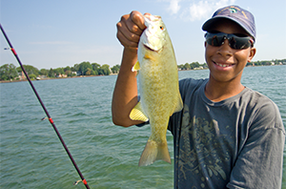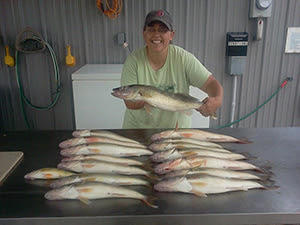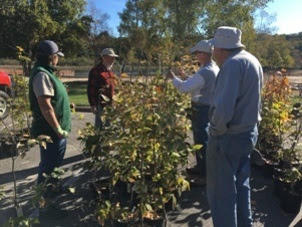Federal Premium Working With States to Update Turkey Hunting Shotgun and Ammo Regs

ANOKA, MN – Due to the introduction of new high-density HEAVYWEIGHT Tungsten Super Shot (TSS) loads, Federal Premium is working with a number of U.S. states to legalize the use of .410 shotguns and smaller shot sizes for turkey hunting.
“Hunters have better options for effective turkey loads with smaller shot than ever before,” said Federal Premium Director of Conservation Ryan Bronson. “Federal Premium is working with wildlife agencies and policy makers in the 16 states that currently prohibit turkey hunting with shot smaller than No. 8 and shotgun bores smaller than 20 gauge to rethink their regulations and give turkey hunters of all ages, statures and physical abilities more options.”
“Most of these turkey ammunition restrictions were put into place when lead was the only shot material available,” continued Bronson. “While TSS shot has been very popular among hand-loaders for some time, by making our factory loaded turkey ammunition available to a broader segment of the hunting public, we are hoping all states and Canadian provinces will consider updating their regulations to allow these new configurations.” Read more







